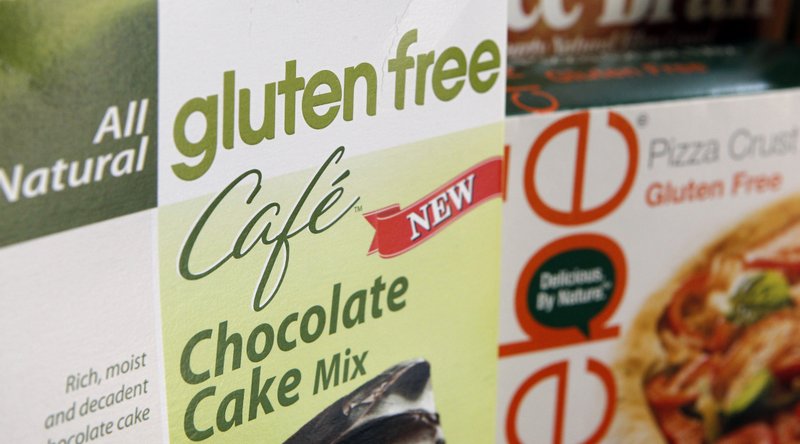WASHINGTON -- Food and Drug Administration regulations for labels that declare packaged foods "gluten free" took effect Tuesday.
The term "gluten free" had been unregulated, so manufacturers made their own decisions about what it meant.
The new requirement is especially important for those who suffer from celiac disease and don't absorb nutrients well. They can get sick from the gluten found in wheat and other cereal grains.
Under a rule announced a year ago, food manufacturers had until this week to ensure that anything labeled gluten-free contains less than 20 parts per million of gluten -- ensuring that those products are technically free of wheat, rye and barley. That amount is generally recognized by the medical community to be low enough so that most people who have celiac disease won't get sick if they eat it.
Currently, wheat must be labeled on food packages but barley and rye are often hidden ingredients.
People who have celiac disease can suffer weight loss, fatigue, rashes and other long-term medical problems. Celiac disease is a diagnosed illness that is more severe than gluten sensitivity, which some people self-diagnose. According to the American Celiac Disease Alliance and the National Institutes of Health, an estimated 3 million Americans have celiac disease.
Awareness and diagnosis of the illness and business surrounding it have grown exponentially in recent years. Gluten-free foods topped an estimated $4 billion in sales last year. Millions of people are buying the foods because they are said to make them feel better, even if they don't have celiac disease.
Alice Bast of the National Foundation for Celiac Awareness said the gluten-free trend has been good for those diagnosed with celiac disease because of the increased variety of options in the grocery store. But she said it also may have prompted some companies to lose focus on the people who need those foods the most.
Steve Hughes, CEO of Boulder Brands, which owns leading gluten-free food companies Glutino and Udi's, said his company's products all have 10 parts per million of gluten, less than the new standard.
"If consumers can't have confidence in the products long-term, it's going to hurt the overall trend," he said.
Business on 08/06/2014
